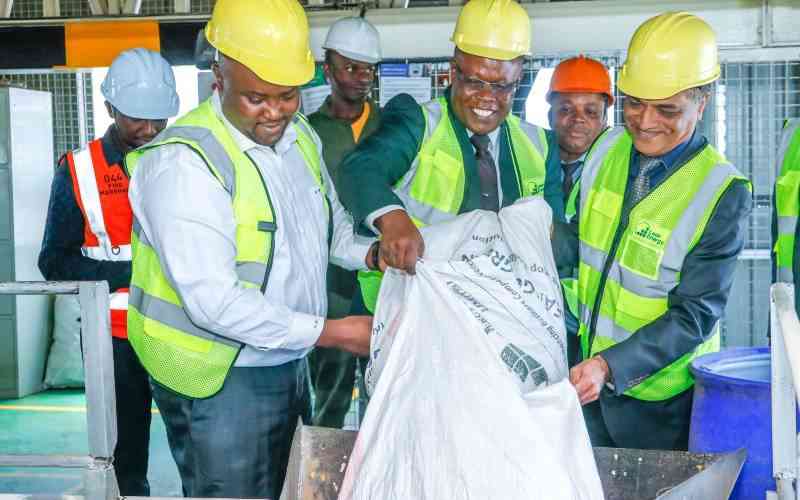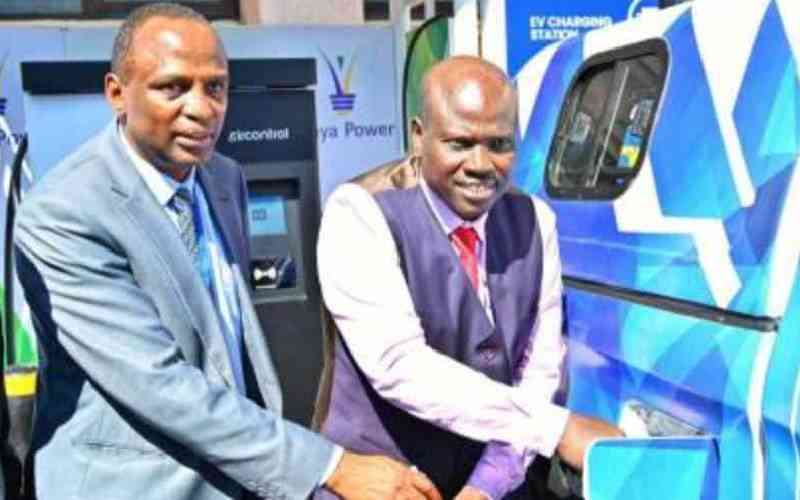×
The Standard e-Paper
Join Thousands Daily

Phillip Nganda (pictured) cuts a lean figure and talks less. But make no mistake, the techie is an outlier. He keeps heaps of electronic wastes in his Imara Daima house, which he uses to make biometric log-in systems that are used in schools for registering student attendance. The products are the first of Ruphids Autotech, his firm.






